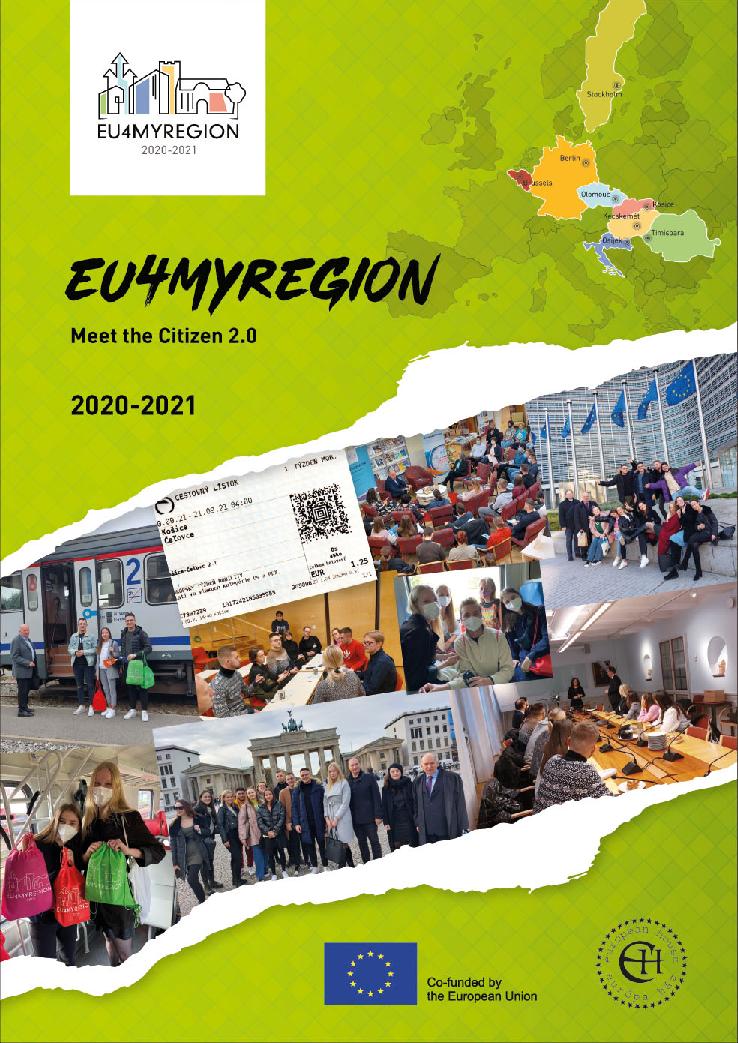Our point of departure is that the public awareness understanding in the five massive cohesion funds recipient project countries (CZ, HR, HU, RO, SK) on the EU cohesion policy is still below of the EU average of 40% even if we noticed significant differences between regional centres and small settlements.
The still on-going pandemic posed a special challenge to the implementation of the original project concept: meeting ordinary citizens in their local everyday environment. In that respect one of the most successful project programmes was the ’Meet me at the train station’ and travelling on local trains with citizens. Online events are important but they cannot replace personnal contacts and discourse.
The youth agoras showed us that young people can be involved and they have an opinion if conditions are created and they feel that their voice counts. Without this the successful implementation of the European Year of Youth 2022 cannot be achieved.
A new and successful programme element was the ’Meet the contributors!’ study visit to Berlin, Stockholm and Brussels where meetings – whether with local citizens or decision-makers – created an atmosphere of trust, better understanding and the realisation of European interconnectedness. We all have a European identity and citizenship as well.
One of the main discovery of the project participants is the hidden potential of macro-regions and the interdependence in our region. These are useful tools to counterbalance the still existing selfish, inward-looking and nationalistic tendencies.
Special attention should be paid to the fact that the general practice in communication is that if a project is successful it is the merit of the Member State and its local stakeholders, if something does not work or goes wrong, the blame is put on the EU.
The project was a very good example of channeling citizens voices from small villages to EU-level policy-makers during the European Week of Regions and Cities 2021 and the EU Macro Regional Strategies Week 2021 against the backdrop of the Third Report on the implementation of EU macro-regional strategies (2020).
All these are important in the context of the ongoing Conference on the future of Europe with its multinational citizens panels but it cannot replace the not so visible and sometimes very tiring visits to neglected local villages or discussions on a local train.
